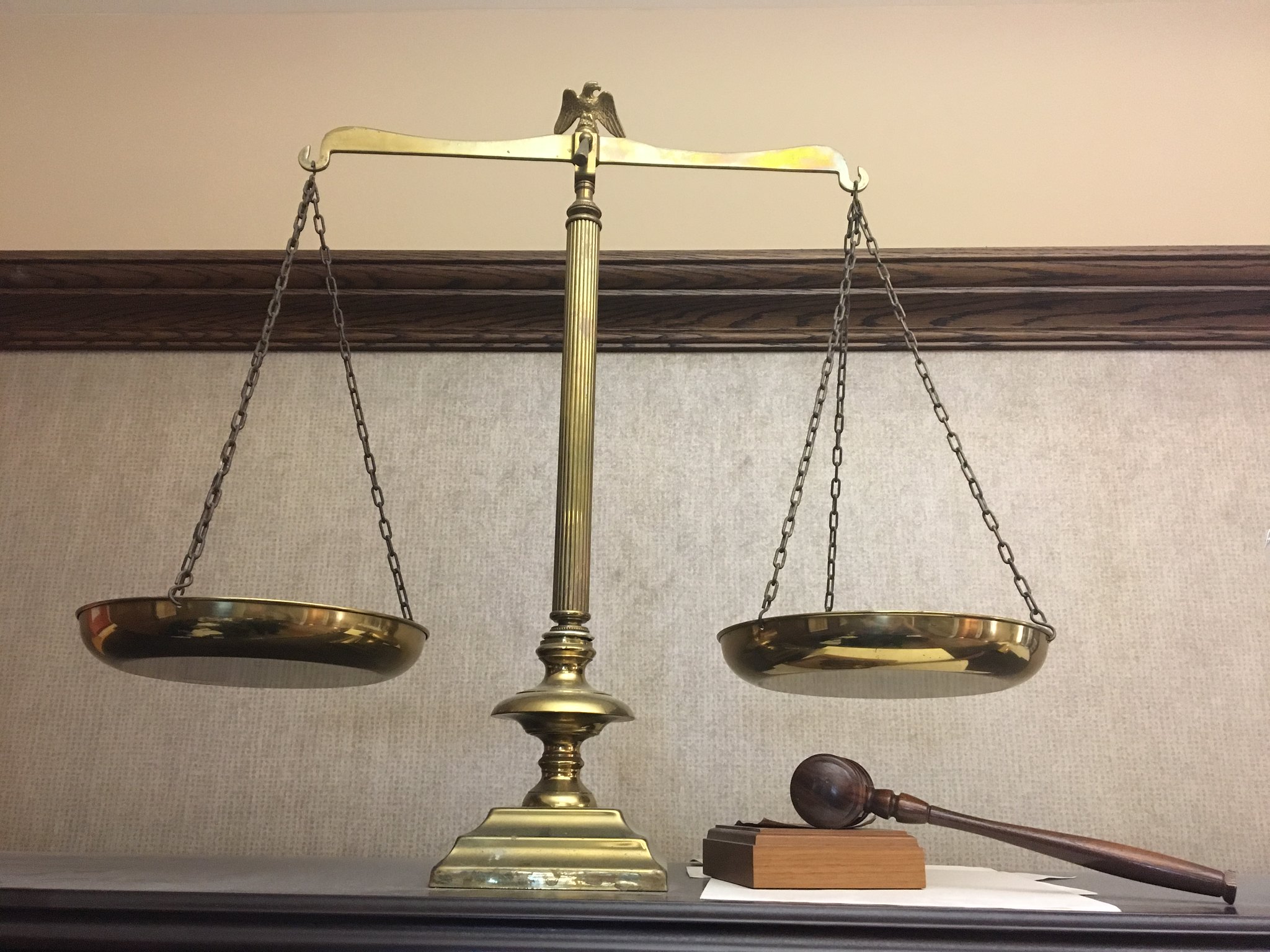Stuart Smith
National MP
Kaikoura
The Three Waters debate is heating up as the Finance and Expenditure Select Committee, or FEC as it is known, begins to hear evidence on the Water Services Bill. The Three Waters legislation will enable the establishment of four Water Services Entities with convoluted co-governance structures that will take control of rate payer owned assets. FEC received 88,324 submissions which had to be hard copies because the government used their majority to stipulate this in the hope that it would reduce the number. As a result, select committee staff were forced to wade through mountains of paper to collate submissions.
FEC will only hear a fraction of the submissions and with the government members again using their majority to not allow an extension to hear and consider them is quite frankly undemocratic. It is quite clear that government wants to ram this through in the hope that opposition will melt away.
Unbelievably, executive positions in the water services entities are already being advertised. It seems they are building the gallows for our democracy before the jury has heard the evidence.
I am heartened by progress in court action supported by the Taxpayer’s Union and many members of the public, on the advice that Minister Nanaia Mahuta used to support her recommendation to Cabinet to adopt her Three Waters legislation. The case is quite technical but has the potential to upset the minister’s plans if successful.
The important issue here though is that should this legislation pass, rate payers will lose control of their assets to these water entities, who have at best a tenuous connection to their rightful owners. The governance structures are so convoluted and the entities so large that the local voice has no chance of being heard. The minister has said that councils will still own their three waters assets. But ownership is in essence the right to control the assets, and this will not be possible, so the minister’s words are hollow and an attempt to calm the masses.
The other positive development is the pointed submission from the Auditor General John Ryan on the bill. He stated his concerns that the bill as drafted “could have an adverse effect on public accountability, transparency and organisational performance”. This is very strong language from the Auditor General’s office, who are always measured in their advice.
So, what would National do?
- We would engage with councils and work with them to solve the problems, and meet the standards that the new water regulator, Taumata Arowai, is demanding.
- We would enable and encourage councils to pool resources and capabilities where that makes sense.
- Co-funding partnerships between central government and local councils to fix specific water infrastructure challenges.
The key point is we would work with councils rather than seek to take their assets. We would ensure that ratepayers continue to own and have a direct say in the running of their three waters assets. After all, they paid for them in the first place.

